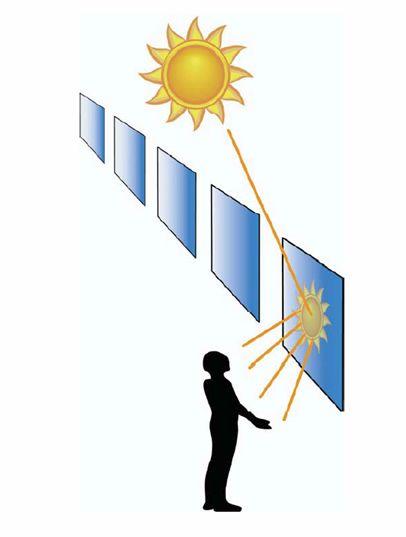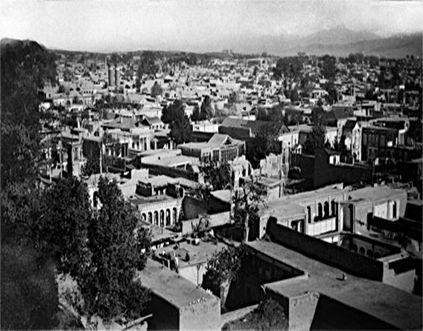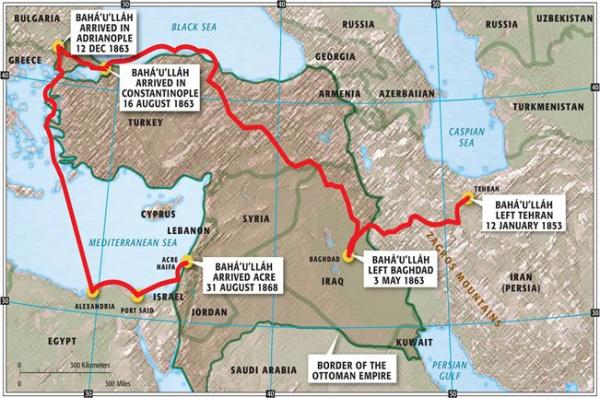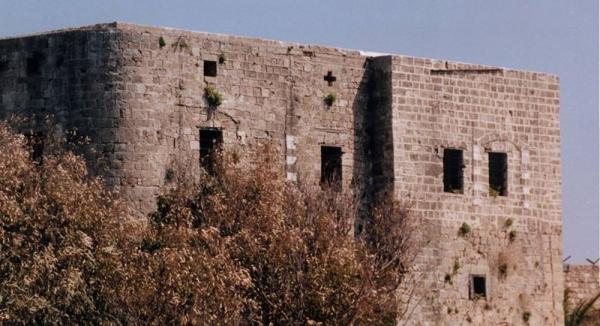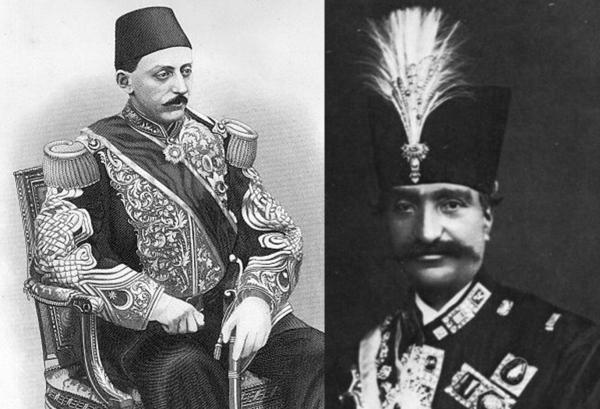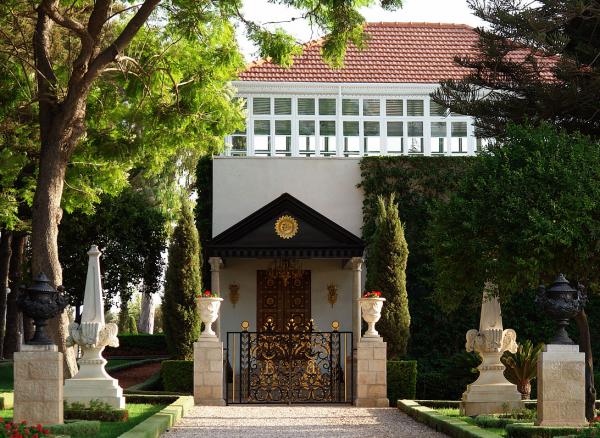Bahá'ís believe that Bahá'u'lláh is the most recent of the Divine Messengers sent by an all-loving God to guide mankind. These Messengers, or "Manifestations of God" as Bahá'u'lláh terms Them, include Krishna, Moses, Zoraster, Buddha, Jesus Christ, Muhammad, the Báb, and most recently, Bahá'u'lláh. The Manifestations of God reveal the Word and the Will of God, and to listen to Them is to respond to the Call of God. They are all like perfect Mirrors that reflect the Light of God in all its Splendor. And all these Mirrors reflect the same Light. These perfect Beings come to us from time to time, live amongst us, give us guidance, and fill us with the energy we need to progress materially and spiritually.
Each Manifestation of God is like a perfect Mirror reflecting God to mankind
Bahá'u'lláh was born in 1817 in Tihran, the capital of Iran. From His early childhood, He showed signs of greatness. He received some very limited instruction at home, but He did not attend school. He was endowed with innate knowledge from God. Even as a child, he successfully argued a case for His father in the court of the Shah of Iran. He was able to unravel difficult questions and problems that perplexed theologians. Wherever He went, people were attracted to Him.
Bahá'u'lláh came from a noble family and His father was a minister in the court of the Shah. When Bahá'u'lláh was only 27 years old, His father passed away. Bahá'u'lláh was offered His father's position in the court, but He refused it. Instead, He dedicated His time to helping the oppressed, the sick and the poor, and to champion the cause of justice.
Tihran, capital city of Iran
Bahá'u'lláh's sufferings began the moment He arose to proclaim the Cause of God -- He lived a life of exile, imprisonment and persecution. He was put in chains in a dark and dismal dungeon in Tihran. After four months in that horrible dungeon, Bahá'u'lláh was finally released, but all of his property and possessions were confiscated. He was exiled to Baghdad along with His family and some of His followers.
Bahá'u'lláh spent the remaining forty years of His life as a prisoner and an exile. He was exiled four times, from Iran to Baghdad, Constantinoble, Adrianoble, and finally to the prison city of Akka (Acre), then in the Ottoman Empire (now in Israel). Below is a map showing Bahá'u'lláh's exiles.
A map showing Bahá'u'lláh's exiles
On August 31, 1868, Bahá'u'lláh and His family and followers arrived at the prison city of Akka (Acre). There, He and the seventy other Bahá'ís who accompanied Him were thrown into two rooms of the prison—a prison reserved for the worst criminals of the Ottoman Empire. Bahá'u'lláh called this place the "Most Great Prison."
"The Most Great Prison"
Here is what Bahá'u'lláh has said about His sufferings:
The Ancient Beauty hath consented to be bound with chains that mankind may be released from its bondage, and hath accepted to be made a prisoner within this most mighty Stronghold that the whole world may attain unto true liberty. He hath drained to its dregs the cup of sorrow, that all the peoples of the earth may attain unto abiding joy, and be filled with gladness. This is of the mercy of your Lord, the Compassionate, the Most Merciful. We have accepted to be abased, O believers in the Unity of God, that ye may be exalted, and have suffered manifold afflictions, that ye might prosper and flourish. He Who hath come to build anew the whole world, behold, how they that have joined partners with God have forced Him to dwell within the most desolate of cities!
Every effort was made by two powerful courts—those of the Shah of Iran and the Ottoman Emperor—to oppose Bahá’u’lláh and His Teachings. But the Light of Truth is not easily extinguished. The very water that is poured on this fire to put out its flame turns into oil, and the fire burns with more intensity.
The Ottoman Sultan and the Shah of Iran - two powerful rulers who conspired to exile and persecute Bahá’u’lláh
Nothing could be done to stop Bahá’u’lláh’s growing influence. The farther the authorities banished Him, the greater the number of people who were attracted to His Teachings and recognized His Power and Majesty.
In spite of constant persecution, Bahá’u’lláh continued to reveal the Word of God for more than forty years. His books and letters (called tablets) were revealed in Persian and Arabic and form a large portion of the sacred scriptures of the Bahá'í Faith.
Gradually, the people and officials of Akka came to admire and love Bahá’u’lláh and His followers. Over time, the conditions of His imprisonment were relaxed, although He remained a prisoner under house arrest for the remainder of His life.
Bahá’u’lláh passed away in 1892. His shrine, shown below, is located a few miles outside of Akka.
The Shrine of Bahá’u’lláh, near Akka, Israel

